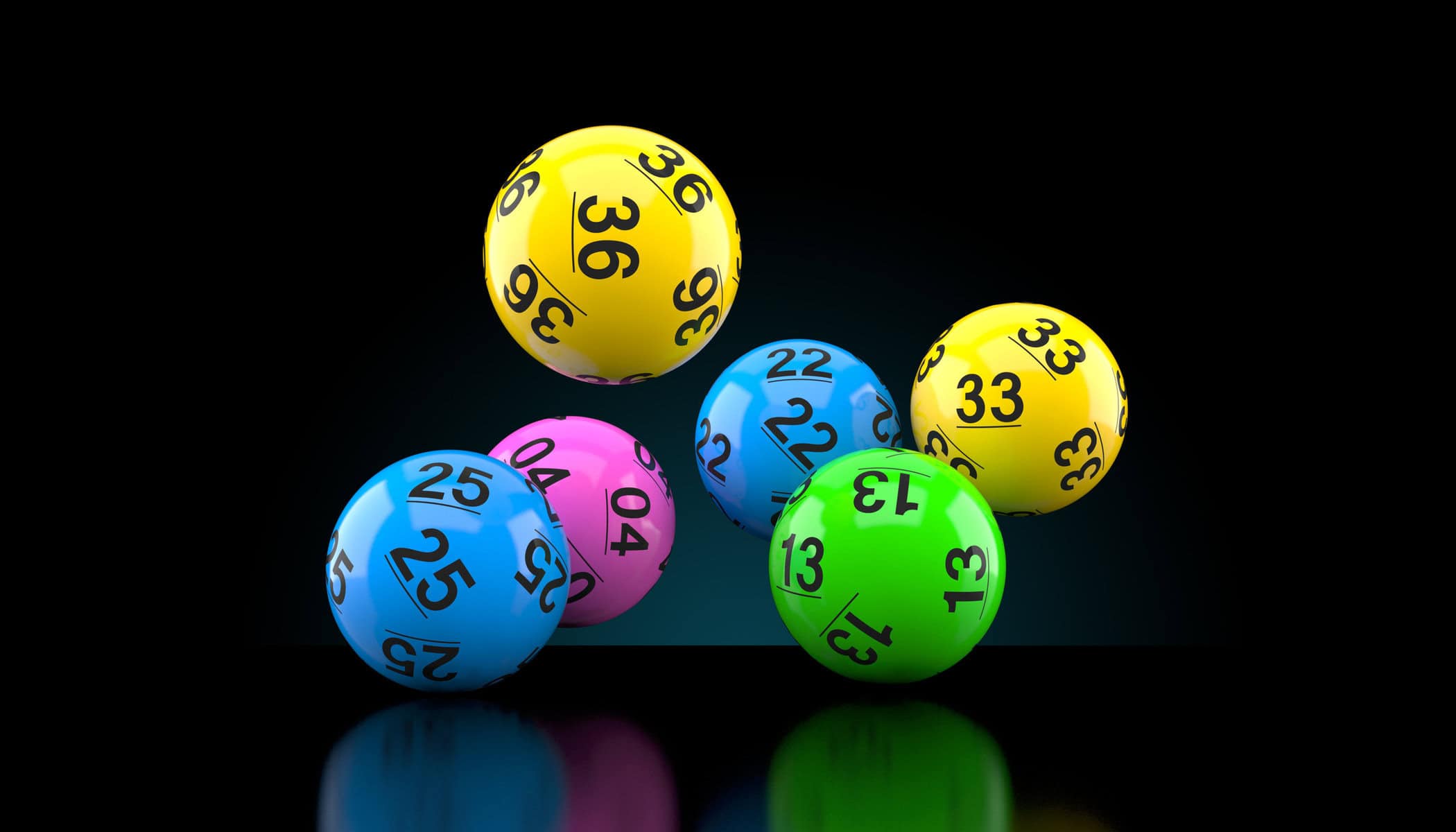Lottery draws have captivated the imagination of millions around the globe, representing a thrilling intersection of chance, hope, and the tantalizing possibility of life-changing fortune. Each draw generates excitement, speculation, and dreams of what one could do with a jackpot win live draw cambodia. This article delves into the history, mechanics, and cultural significance of lottery draws, as well as the psychological aspects that make them so compelling.
A Brief History of Lotteries
The concept of lotteries dates back centuries, with records showing that they were used in ancient China as early as 205 BC. The Han Dynasty employed a form of lottery to finance large projects like the Great Wall. Fast forward to the 15th century in Europe, where lotteries began to take shape as we know them today. The first recorded public lottery was held in Bruges, Belgium, in 1466, intended to raise funds for the needy.
In the United States, lotteries became a popular method for funding public projects and state initiatives. The first American lottery was established in 1612, and since then, they have evolved into multi-state operations with massive jackpots, such as Powerball and Mega Millions.
How Lottery Draws Work
The mechanics of a lottery draw are relatively simple but vary by region and game type. Participants purchase tickets, selecting numbers or opting for a random selection, known as a “quick pick.” On the day of the draw, a predetermined set of numbers is randomly selected, often using a machine that mixes numbered balls or through digital random number generators.
The excitement of the draw itself is a significant part of the experience. Draws can be broadcast live, often accompanied by elaborate presentations, music, and anticipation. Winning combinations can result in different prize tiers, from smaller amounts for matching a few numbers to life-altering sums for hitting the jackpot.
The Allure of Winning
What drives people to participate in lottery draws? The answer lies in a combination of hope, desire, and the thrill of possibility. Many players envision how their lives would change with a sudden influx of wealth. Dreams of travel, financial security, charitable giving, and personal freedom often accompany the decision to purchase a ticket.
Psychologically, the lottery serves as an accessible form of escapism. The investment is minimal compared to the potential payout, and even small wins can create a sense of excitement and fulfillment. This unique blend of risk and reward keeps players returning, often despite the odds being heavily against them.
Cultural Impact
Lottery draws have woven themselves into the cultural fabric of many societies. They provide not just a chance at wealth but also a sense of community and shared experience. Lottery nights can bring families and friends together, creating moments of collective hope and celebration. In some cultures, the lottery is seen as a modern-day form of folklore, where winning stories are shared and passed down, fueling the mythos surrounding the game.
Moreover, governments often leverage the popularity of lotteries for funding public services, education, and community projects. This dual purpose transforms lotteries from mere gambling into tools for social good, albeit with a reliance on the voluntary contributions of players.
The Ethical Considerations
Despite their popularity, lotteries also raise ethical concerns. Critics argue that they disproportionately target low-income individuals, who may see them as a viable path to financial relief. The gambling aspect can lead to addiction and financial strain for some participants. Thus, responsible gaming initiatives and regulations are essential to mitigate these risks.
